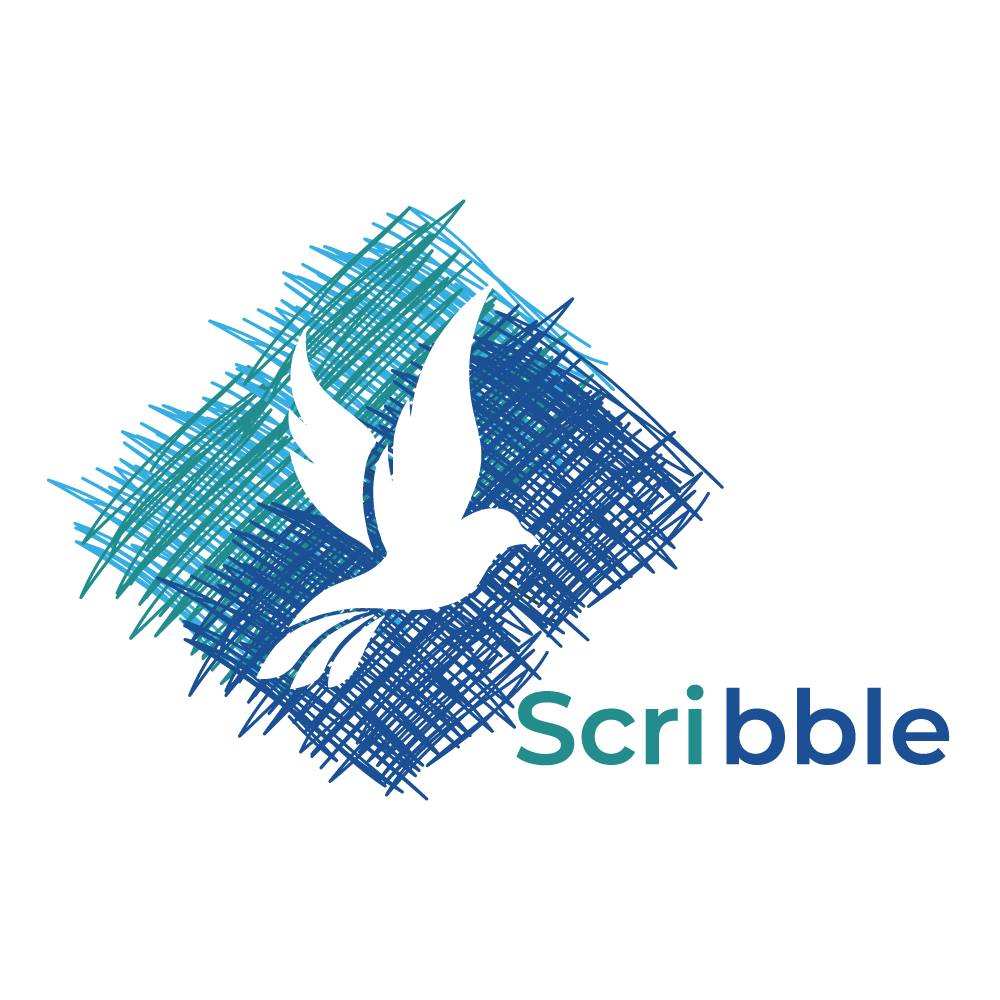In the multi-faceted field of disability, understanding the importance of the mental health of participants and their families is necessary to provide support coordination and beneficial help. Improving the lives of persons living with a disability is a one-way street that necessitates an understanding of emotional stability.

Psychosocial recovery coaching has gained significant importance in recent times. But even after this transformative potential, this service is often misunderstood and met with prejudice. In this article, we’ll look at the misconceptions about socio-emotional recovery support and its vital role in an individual’s recovery journey.
Myths about Socio-emotional recovery support:
It is seen as a replacement for professional therapy:
One misconception is that socio-emotional recovery support is a substitute for therapeutic interventions provided by mental health. Actually, it’s a complimentary support service that aims to empower people and assist them regarding their independence.
It is only for severe mental health conditions:
It is another myth that people with severe mental health conditions are the only ones who can benefit from this service. Regardless of the severity of their problems, everyone dealing with mental health issues might benefit from it.
It is a one-size-fits-all approach:
Some people might think that everyone receives psychosocial rehabilitation coaching in the same way. But it’s a very customised and individual process that considers everyone’s particular requirements, abilities, and objectives.
The Significance of Psychosocial Recovery Coaching:
Socio-emotional recovery support is a specific type of support that addresses recovery through psychological and social aspects. Recovery coaching is based on the principles of guidance and empowerment. It provides practical life and coping skills, assists people in confronting obstacles and sources of distress, and helps them reach their objectives.
Nurturing Community Acceptance through Education and Awareness:
Education and awareness are essential for community acceptance development. Awareness about mental illness and the meaning of the recovery journey can promote community acceptance, helping people refuse to be stereotypical, dismissive, or judgmental. Community members can cultivate a commitment to considering situations about mental health by becoming supported people by engaging in or experiencing campaigns, workshops, and training.
Creating Supportive Networks and Safe Spaces:
Fostering community acceptance requires creating safe spaces and supportive networks inside communities. Peer support groups, community centres, and internet platforms can function as venues for people to interact with others going through comparable struggles, share their stories, and receive affirmation. Through these networks, people can get knowledge, connect with others meaningfully, and receive emotional support.
Collaboration between Coaches, Communities, and Service Providers:
Coaches, communities, and service providers must collaborate to foster community acceptance and advance psychosocial rehabilitation. Coaches and mental health service providers can collaborate with communities to set up referral networks, offer resources, and conduct training. Together, they can establish a smooth support system that caters to each person’s specific needs as they progress through rehabilitation.
Conclusion:
Promoting community acceptance and integrating psychosocial recovery coaching into the social fabric of communities can positively impact people’s well-being and recovery outcomes. By dispelling misconceptions, fostering empathy, promoting education and awareness, forging community participation, and celebrating success stories, we pave the way for a more inclusive and supportive society—where individuals feel empowered to seek the support they need and embrace their recovery journey with dignity and hope.

Leave a comment